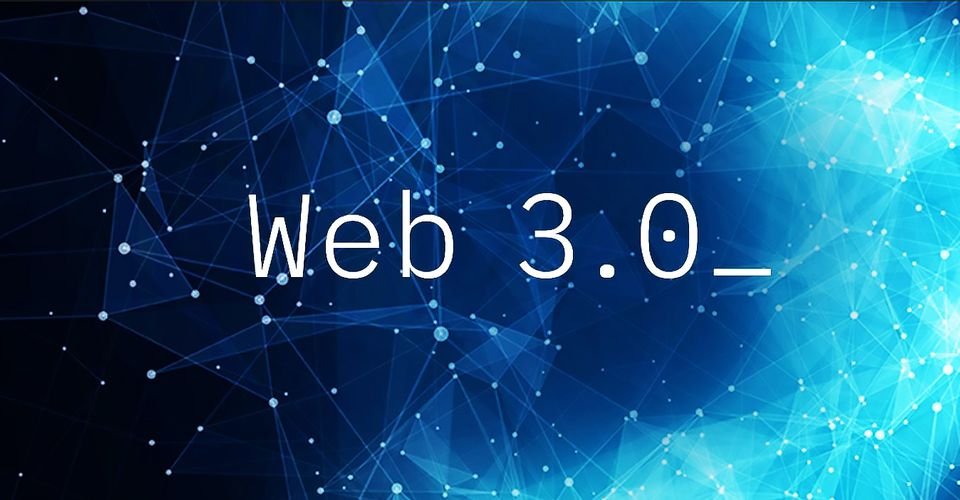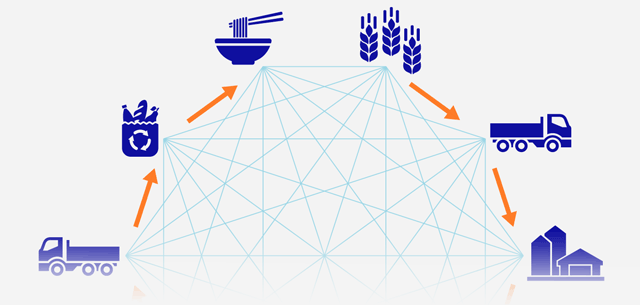How does Web 3.0 affect Business?
How does Web 3.0 affect Business?
The internet in itself, even during Web 1.0 was a game changer for many businesses. With it, information became more accessible to people worldwide.
Now, with Web 2.0 Commerce has reached even newer heights and with it a few obstacles.
Though the present version of the internet has made it easier for businesses to share their platforms, promotions, stories, history, product line and whatnot, it also made it easier for people to go through multiple options at a time.
The Challenges of the Web-centric Business Model
Online potential customers or patrons could easily browse for the best products to use, find cheaper offers, and obtain other customers’ input on a product or service you provide. Additionally, online markets like eBay, Amazon and Alibaba made it so that even small-scale businesses or independent sellers could promote their products online (for a small cost, of course).
You could say that while the internet has expanded their reach, given business more convenient hours, made it easier for them to promote new products and even opened the doors for 24/7 operations all year long, with it, many companies- big and small - faced numerous challenges as well.
Let’s not forget the DIY craze provided to us by Social Media platforms and people obsessed with looking into the secret recipes or techniques of famous or well-known products or brands. Although empowering, such have reinforced the notion that we can do anything we set our mind to - especially with step-by-step audio-visual models to guide us.
And while really helpful at providing people cheaper, healthier or more cost-saving alternatives DIY options/videos/recipes/guides have considerably chipped off a portion of businesses’ customer database.
So, is the Internet Bad for Business?
With the situations above, you might think that taking your Business online may have many drawbacks - and it certainly does- but that does not mean it doesn’t help.
Despite the disadvantages of the online market, the advantages far outweigh the cons. Considering that and the demand for people to ‘stay relevant’ and for customers to be kept in the loop for the most part, going online and accepting eCommerce as part of their marketing strategy is a better option overall.
In fact, many businesses are able to establish and strengthen a brand and improve marketability by incorporating a ‘hybrid’ offline and online shopping model.
Some even go as far as endorsing and creating content on their social media accounts. Now, it’s all about knowing your target audience or your customer database to determine where and who to sell or promote a product or service to.
Web 3.0’s Role in Bettering Business Strategies
The question we need to ask ourselves now, however, is ‘what does Web 3.0 have to offer?’
If Web 2.0’s brought viable customers and companies together, what else do we need that hasn’t already been provided by the current version of the net?
At the moment, we are still working towards Web 3.0 and thus there is no set data as to how Businesses actually benefit from the changes. However, with set data trends and the present interaction between consumers and online platforms we can speculate the possible positive outcomes of business conditions once Web 3.0 is finalized.
Better Customer Relationship Management
CRM has been one of the most beneficial business management tools provided to us by the Web 2.0. Right now, however, the data collected by different platforms are not interchangeable.
Though we can still extract the analytics of each platform, crossing between different areas limits population representation and makes it harder to gain a truly holistic view of the customer.
With Web 3.0, while data may have to be extracted from users at a cost, the Decentralized Autonomous Organization is already a sufficient source or new data sources, and accurate and relevant information.
Supply Chain Management
SCM plays a crucial role in optimizing the flow of materials, information, and finances across the supply chain to meet customer demand. Before the internet, such data was limited to those within one’s reach.
Currently, it may be a lot simpler, however, a lack of interconnection still exists.
With Web 3.0 supply chains can now focus on creating a more decentralized network of suppliers, manufacturers, distributors, retailers and other members. While they are already working towards it now, semantic web technologies and the decentralized nature of Web 3.0 can make the process even more efficient and secure.
Data Management
At present, Business Operations and Management are in a very good spot. But Web 3.0 can make them even better. An increased ability to share and collaborate on data in a decentralized network is predicted to be the best way to collate information and generate even better business models.
In addition to that, the proposed use of blockchain security makes it so said data is kept entirely secure and safe from hacking, phishing and other fraudulent activities.
Marketing and Advertising
While one might think that Web 3.0 would put marketing and advertising on the backburner due to the increased protection of personal data, it is in fact speculated to even further Marketing and Advertising efforts.
In fact, as we start to enter Web 3.0, businesses have already started seeing an impact on their ability to identify and hit their target audience more effectively.
Before you go!
Web 3.0 is expected to bring significant changes to the way we use the internet. Some of the potential benefits of Web 3.0 include increased transparency, improved user experiences, and new opportunities for innovation and collaboration. Watch this space.
If you didn’t already know that we create websites for our clients, then we haven’t been shouting enough about it. If we you want to take a look at some of the websites we’ve created, head on over to the ‘Our Work’ page.
If you’re already set on working with us send us an email using our ‘Contact Us’ page or drop us a line.










